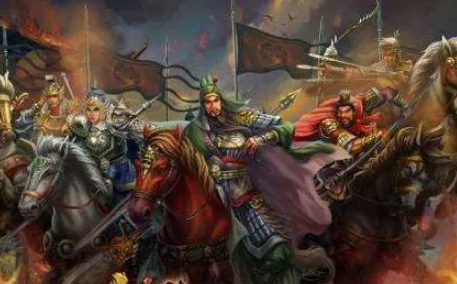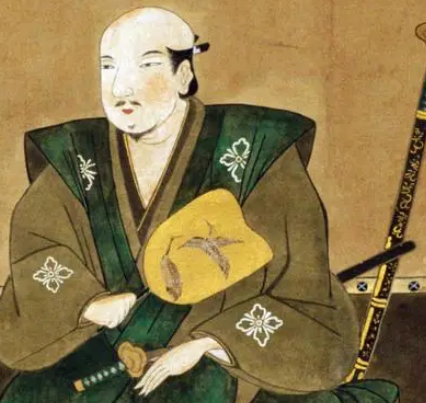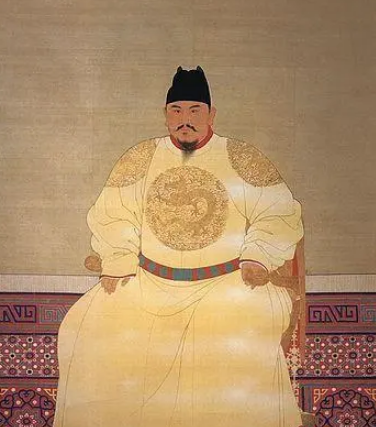Zhu Yuanzhang, the founding emperor of the Ming Dynasty, has always attracted the attention of historians and the public for his life trajectory and decisions as a prominent figure in Chinese history. One remarkable phenomenon is that despite having 26 sons, he still adopted more than 20 foster sons. The reasons behind this behavior deserve further exploration.

Firstly, we need to understand that the concept of family in ancient society differed from modern society. In that era, having many descendants was seen as a symbol of fortune and power. For an emperor like Zhu Yuanzhang, having more children meant having more talent reserves to provide more options for the governance of the country. Therefore, even though he already had 26 sons, he still chose to adopt more foster sons.
Secondly, adopting foster sons was also a means for Zhu Yuanzhang to consolidate his power and expand his influence. Most of these foster sons came from his trusted advisors, meritorious officials, or those who had made special contributions. By adopting them, he could reward their achievements while also binding them closer to himself, enhancing their loyalty towards him.
Furthermore, adopting foster sons also had a humanitarian aspect. In that era, many orphans who lost their parents due to war needed care. As the leader of the country, Zhu Yuanzhang chose to adopt these orphans, which not only provided humanitarian assistance to them but also contributed to social stability.
Overall, despite having 26 sons, Zhu Yuanzhang chose to adopt more than 20 foster sons out of respect for ancient family values, consideration for political stability, and a sense of social responsibility. This behavior fully demonstrates his humanistic care and political wisdom.
Disclaimer: The above content is sourced from the internet and the copyright belongs to the original author. If there is any infringement of your original copyright, please inform us and we will delete the relevant content as soon as possible.






























